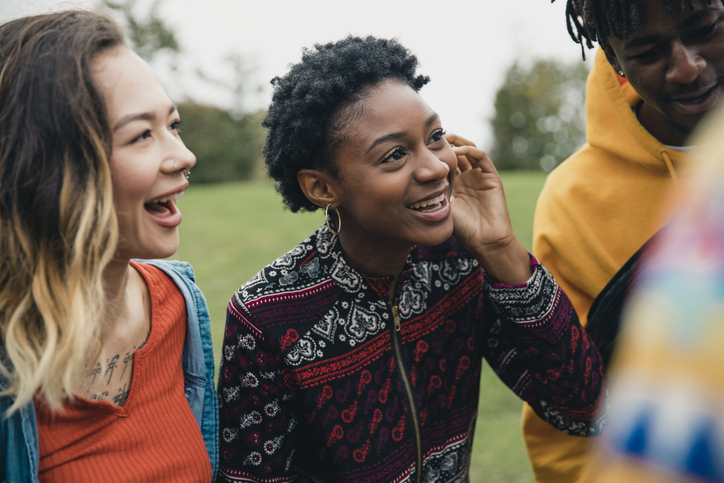If this sounds like your situation, it’s important to remember that becoming a victim of crime wasn’t your fault, and you haven’t done anything wrong. But it may be that you have to think about changing your friendship group, making new friends, or finding an adult you can trust outside of your family to help you cope with crime and make sure you don’t become a victim again in the future.
If the crime you’ve been affected by has happened in your home – such as domestic violence, or sexual abuse – it can be very difficult to speak out against the offender. But you really need to talk to someone, so that you can get help to cope with what’s already happened, and make sure you don’t become a victim again. It may be a struggle to talk about what is going on, even to your close friends, but there are people who can help.
Think about talking to an adult at school – maybe a teacher, a school nurse or a youth worker or counsellor – and asking for help. Organisations such as Childline (0800 11111) and Victim Support’s Supportline (08 08 16 89 111) can give you advice and support over the phone, while Victim Support will be able to tell you what help there is near you. The Hideout website also has some really good advice and practical tips on helping you to cope with domestic abuse.
The first step is finding someone you trust to talk to and things can get safer and improve with help.
If the offender was someone who you thought was a friend, or was part of your friendship group, you may have to make a new circle of friends, or make decisions about which friends you trust.
No one likes falling out with friends; but if they are pressuring you, making you feel unhappy, bullying you or putting you in risky situations, they are not good friends to have around.
You can find advice on dealing with difficult friendship relationships, and tips on making new friends, at The Mix and the Childline website.

